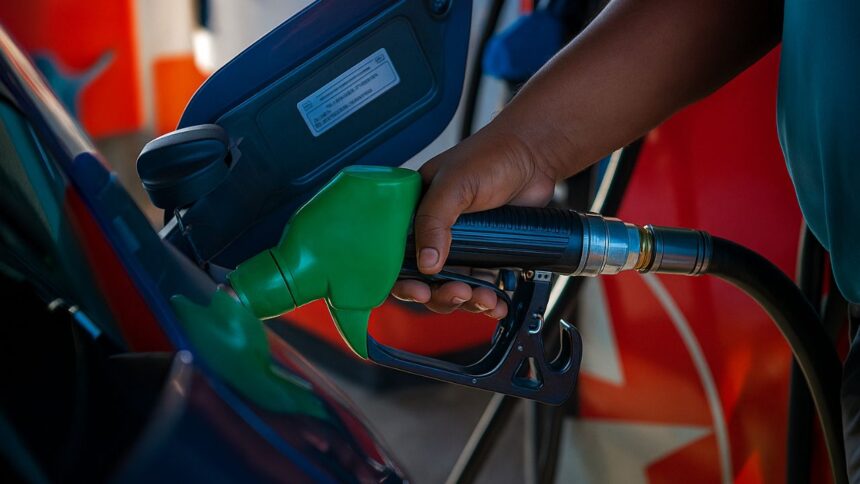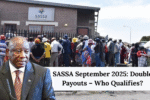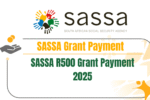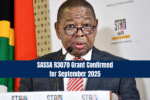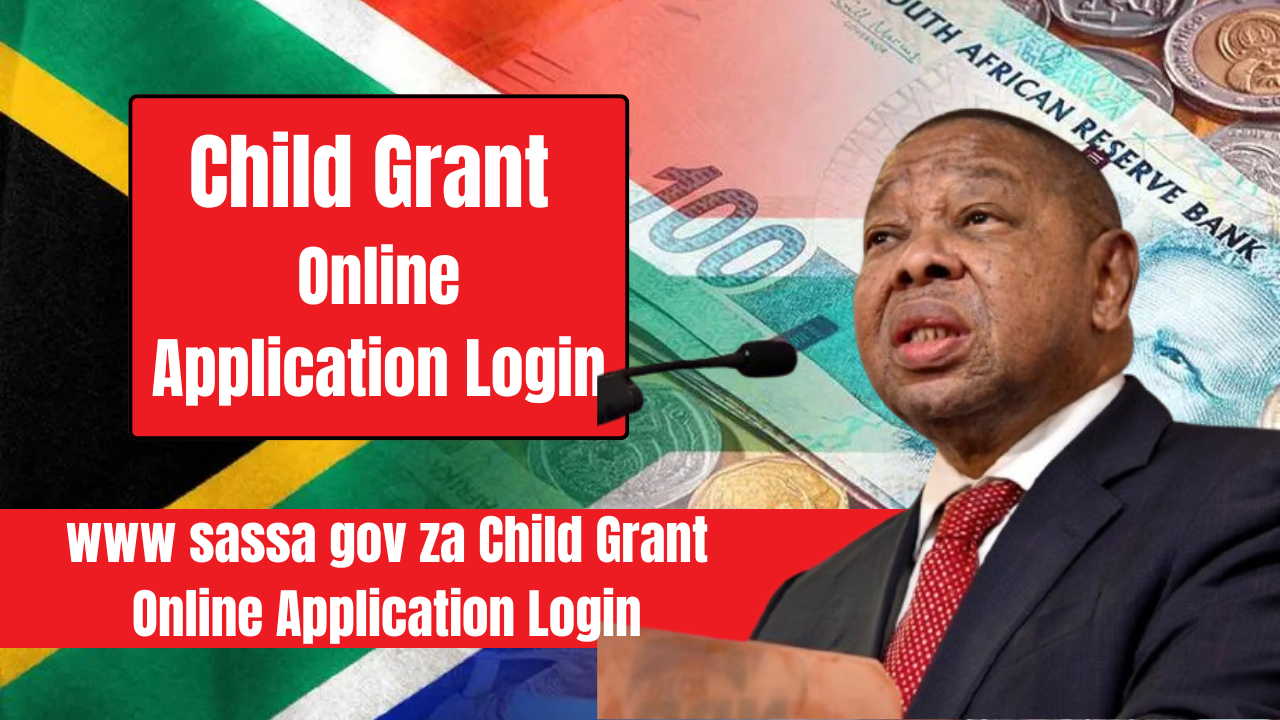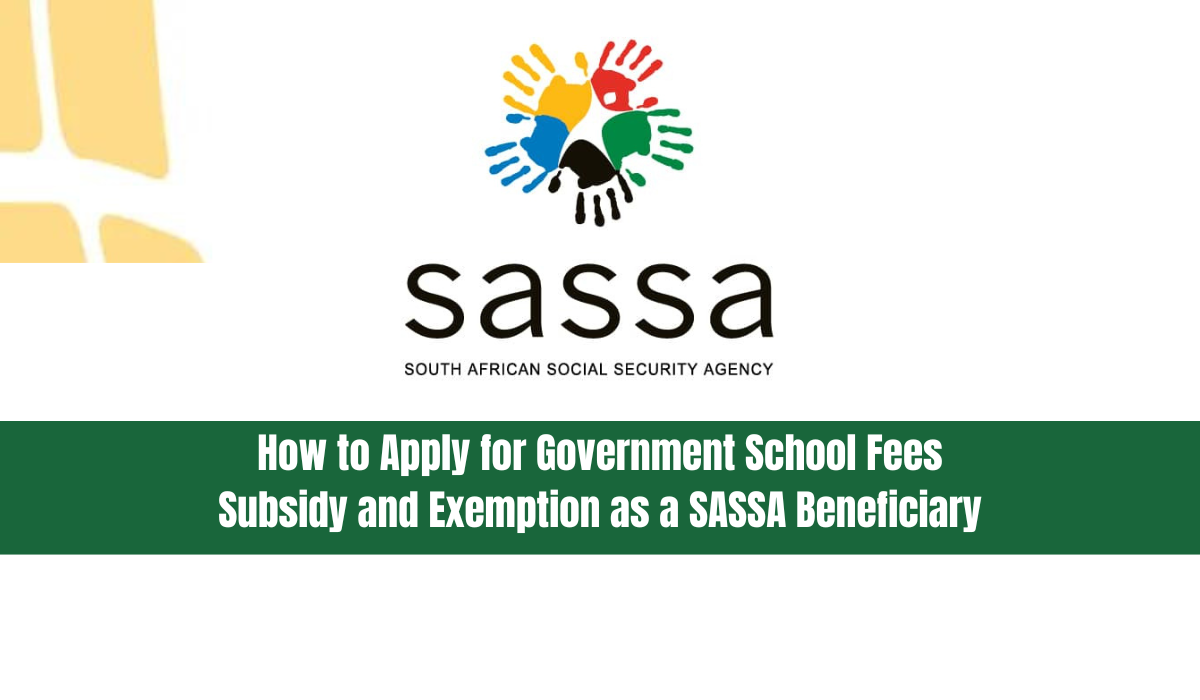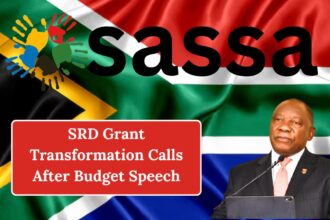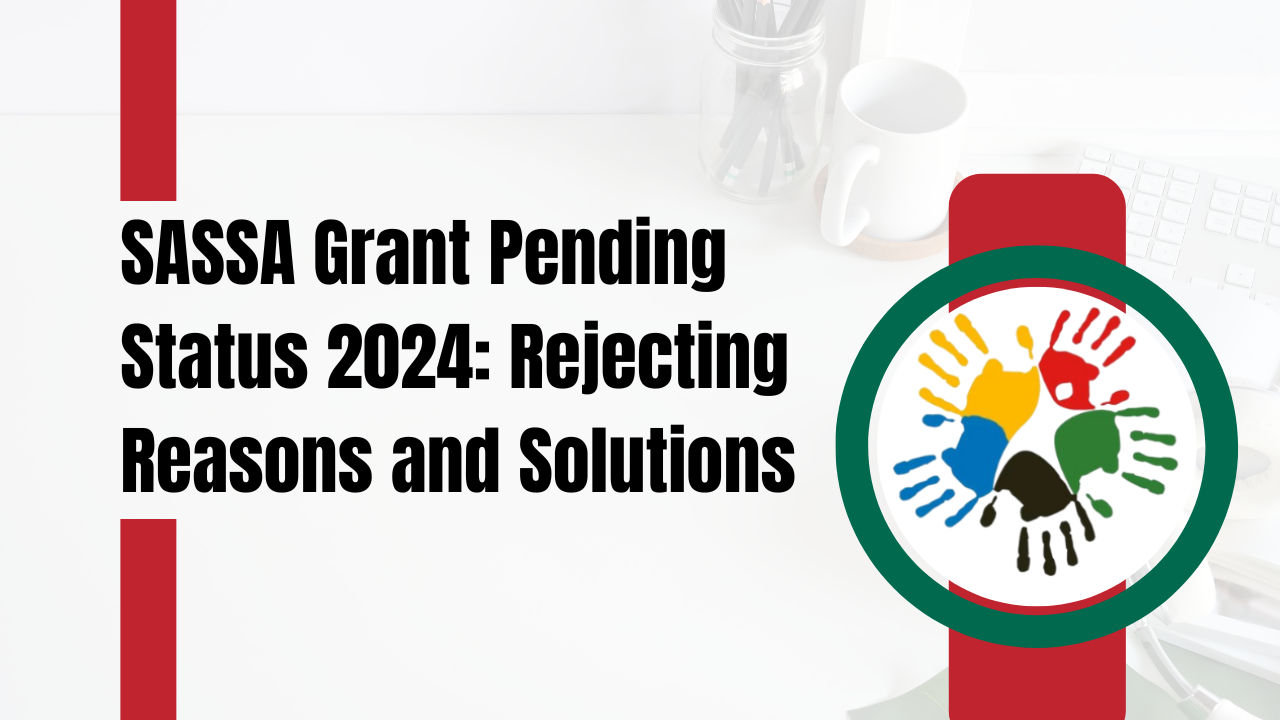South Africans are bracing for a massive fuel price increase, with petrol expected to hit R26.84 per litre on July 5, 2025. This anticipated hike is not just a spike at the pump—it is a financial shockwave that will affect households, transport sectors, small businesses, and national economic planning. The price surge has sparked concern across the country as fuel prices in South Africa continue to climb to record levels, placing additional pressure on already strained family budgets and operational expenses.
July 2025 Fuel Price Increase in South Africa
The upcoming fuel price increase in South Africa is influenced by a blend of global and local economic dynamics. Globally, a resurgence in oil demand has been observed as post-pandemic economic recovery accelerates. With industries running at full capacity again and increased mobility worldwide, global oil demand has soared.
Moreover, geopolitical tensions in major oil-producing regions, including the Middle East and parts of Eastern Europe, have disrupted supply chains. As uncertainty grows in these regions, so too do oil prices. Locally, the South African rand’s depreciation against the US dollar has compounded the situation, making oil imports far more expensive.
Reasons for the Fuel Price Surge:
- Rising global oil demand
- Ongoing geopolitical tensions
- Weakening of the South African rand
- Escalating import costs
- Disruptions in the global supply chain
- Lingering effects of pandemic-related economic recovery
How the Fuel Price Surge Will Impact South African Households
The increase in fuel costs will have a direct economic impact on households across South Africa. From commuting expenses to grocery bills, families will feel the pinch in nearly every facet of daily life. This R2.84 per litre hike from the previous average of R24/L represents a significant burden on monthly budgets.
Household Budget Impact Breakdown:
| Expense | Before Increase | After Increase | Change |
|---|---|---|---|
| Fuel | R24.00/L | R26.84/L | +R2.84/L |
| Commuting | R600/month | R670/month | +R70/month |
| Groceries | R3,000/month | R3,150/month | +R150/month |
| Utilities | R1,500/month | R1,550/month | +R50/month |
| Entertainment | R1,000/month | R1,050/month | +R50/month |
| Total | R6,100/month | R6,470/month | +R370/month |
For low- and middle-income earners, these increases are significant, forcing a reassessment of spending habits, savings, and lifestyle choices.
Practical Tips for South Africans to Prepare for the Fuel Hike
As fuel prices in South Africa rise, consumers are encouraged to adopt smart strategies to cushion the blow. Adjusting daily habits and incorporating cost-saving measures can make a noticeable difference.
Tips to Reduce Fuel Impact:
- Review and adjust monthly budgets to account for rising fuel and transport costs.
- Carpool with colleagues or neighbours whenever possible to split travel expenses.
- Opt for public transport if it is more economical and convenient.
- Maintain vehicle efficiency through regular services, tyre checks, and optimal fuel usage.
- Combine errands into single trips to avoid unnecessary driving.
- Consider alternative energy sources such as solar power to cut long-term utility costs.
Business Sector and Transport Industry Impact
The transport sector in South Africa will be among the hardest hit by the price increase. Fuel is a significant input cost for logistics, freight, and delivery services. As prices climb, businesses will inevitably need to pass some of those expenses onto consumers, raising the prices of goods and services.
Estimated Business Cost Increase Due to Fuel Hike:
| Business Expense | Before Increase | After Increase |
|---|---|---|
| Fuel | R100,000/month | R112,000/month |
| Logistics | R50,000/month | R55,000/month |
| Product Pricing | R20/item | R22/item |
| Transportation | R30,000/month | R33,000/month |
| Total Costs | R200,000/month | R222,000/month |
Small and medium enterprises (SMEs), particularly those dependent on daily transport or logistics, may face serious financial constraints, potentially leading to price hikes, layoffs, or operational cutbacks.
Interventions to Alleviate the Fuel Crisis
In an effort to ease the pressure, the South African government is exploring multiple strategies to reduce the economic impact of fuel hikes on consumers and businesses. These interventions aim to ensure fuel security while protecting the economy from long-term damage.
Current Government Measures Include:
- Temporary tax reductions on fuel levies to lower pump prices.
- Fuel subsidies targeted at essential transport and public services.
- Investment in local fuel production to reduce reliance on volatile international oil markets.
These initiatives are designed to not only mitigate the short-term impact but also to enhance energy independence and reduce South Africa’s exposure to international market shocks.
What Does the Future Hold for South African Fuel Prices?
Industry analysts warn that unless significant interventions are made, fuel prices in South Africa could continue on an upward trend for the next few years. Long-term projections show a steady increase year-on-year, driven by global energy demand, inflationary pressures, and currency volatility.
| Year | Expected Fuel Price |
|---|---|
| 2024 | R28.00/L |
| 2025 | R30.00/L |
| 2026 | R32.00/L |
| 2027 | R34.00/L |
| 2028 | R36.00/L |
This upward trajectory highlights the urgency of energy policy reform and the importance of transitioning toward sustainable energy alternatives.
What Can Be Done to Stabilise Fuel Prices?
Experts agree that long-term solutions are essential to address the recurring issue of fuel price volatility in South Africa. A multi-pronged approach is needed:
Expert Recommendations:
- Invest in renewable energy infrastructure such as solar, wind, and biofuels to reduce dependency on imported oil.
- Stabilise the rand through sound fiscal and monetary policies, reducing exposure to international currency fluctuations.
- Enhance international cooperation to address global oil market volatility and create energy stability.
- Implement volatility management policies, including fuel reserves and strategic pricing caps.
- Prioritise sustainability in transportation and logistics through electric vehicles and cleaner fuels.
Conclusion
As South Africans prepare for the R26.84 per litre fuel price hike on July 5, the urgency to adapt has never been greater. While households must adjust spending and find creative ways to cut costs, businesses are compelled to re-evaluate their models to stay profitable. Meanwhile, government interventions offer some relief, but long-term solutions are essential to avoid recurring crises. The road ahead demands cooperation, innovation, and bold policy decisions to ensure fuel affordability and national energy security.

